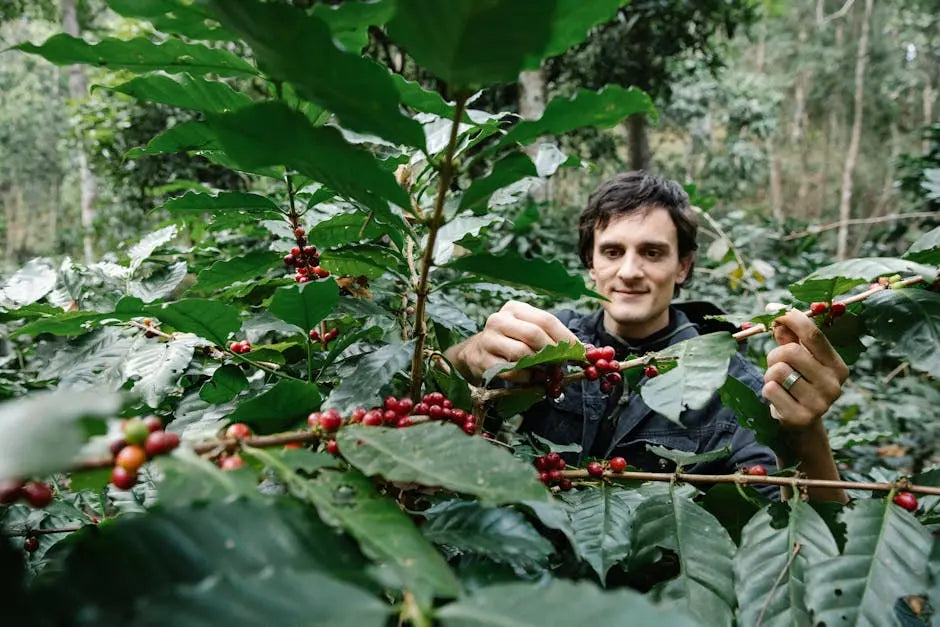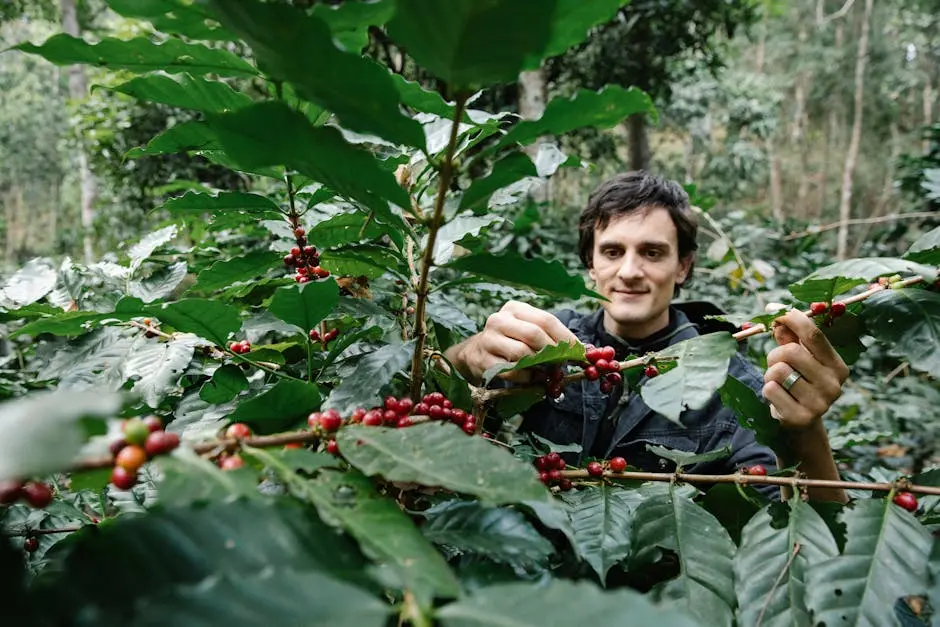
How Can a Coffee Roasting Company Support Ethical Coffee Production?
As consumers become more conscious of their choices, many are looking for coffee that not only tastes great but is also ethically produced. Coffee roasting companies play a crucial role in this movement. This blog explores how these companies can support ethical coffee production, ensuring that their products are not only sustainable but also fair to all involved in the coffee supply chain.
Source Directly from Farmers
Establishing strong relationships with coffee farmers ensures fair prices and supports local economies.
When a coffee roasting company sources directly from farmers, it cuts out the middleman, providing an opportunity for farmers to receive a larger share of the profits. This can lead to better living conditions, access to education, and improved health care for their families.
Moreover, engaging directly with farmers allows roasting companies to understand the challenges these producers face. This knowledge is critical in crafting solutions that enable sustainable practices while preserving the vital farmer-ecosystem.
As a result, sourcing directly can lead to better quality coffee, as farmers are more likely to invest in their crops if they see the tangible positive impacts of their work. It’s about creating a partnership that goes beyond transactions.
Ultimately, this approach not only fosters ethical practices but also enriches the coffee roasting company’s narrative, allowing them to share authentic stories of the communities behind their beans.
Promote Fair Trade Certification
By sourcing Fair Trade certified beans, companies can guarantee fair wages and good working conditions for farmers.
Fair Trade certification is more than just a label; it represents a commitment to ethical practices. When a coffee roasting company promotes fair trade, it signals to both consumers and farmers that they are prioritizing social responsibility.
This commitment ensures that farmers earn a living wage, can afford necessities, and invest in their communities. It promotes equality and empowers farmers to have a voice in the industry. The ripple effects are profound, affecting entire communities and contributing to long-term development.
Moreover, when roasting companies highlight their fair trade practices, they educate consumers about the importance of ethical sourcing choices. This not only enhances brand loyalty but also raises awareness about global socio-economic issues.
In essence, promoting Fair Trade creates a win-win scenario. Farmers thrive, communities prosper, and consumers enjoy high-quality coffee knowing that their choices promote a better world.
Invest in Sustainability Initiatives
Supporting eco-friendly farming practices helps preserve the environment while producing quality coffee.
Sustainability is at the heart of ethical coffee production. By investing in sustainable initiatives, a coffee roasting company can play a pivotal role in combating climate change and reducing carbon footprints associated with coffee farming.
For instance, adopting practices like agroforestry not only helps in improving the biodiversity of coffee farms but also enhances the soil’s health and resilience. This means that farmers can cultivate coffee in a way that’s both productive and environmentally friendly.
Furthermore, sustainability initiatives can include providing resources and education to farmers on water conservation and organic farming techniques. As a result, the quality of coffee improves while reducing harmful pesticide use.
Investing in these sustainable practices translates to better coffee quality and shows consumers that the roaster cares about more than just profit; they are dedicated to preserving the planet for future generations.
Educate Consumers about Ethical Coffee
By sharing knowledge on the importance of ethical sourcing, roasting companies can foster a more supportive consumer base.
Educating consumers about the nuances of coffee production is essential. Many don’t realize that the choices they make at the coffee shop can impact lives halfway around the world. This awareness can inspire them to choose ethically sourced coffee.
Through workshops, informative blog posts, or social media campaigns, coffee roasting companies can share stories of the farmers and their communities. Highlighting the journeys of beans from farm to cup not only engages consumers but also builds a connection.
Furthermore, when consumers understand the significance behind certifications like Fair Trade or Organic, they are empowered to make choices that align with their values. This transformation from passive consumer to informed advocate can lead to a more sustainable coffee industry.
Ultimately, an educated consumer base supports the entire ethical coffee movement, leading to a more transparent and compassionate market.
In Conclusion
Supporting ethical coffee production is a shared responsibility among growers, roasters, and consumers. By implementing the practices discussed, coffee roasting companies can contribute to a more equitable industry, ensuring everyone from the farmer to the consumer benefits.

